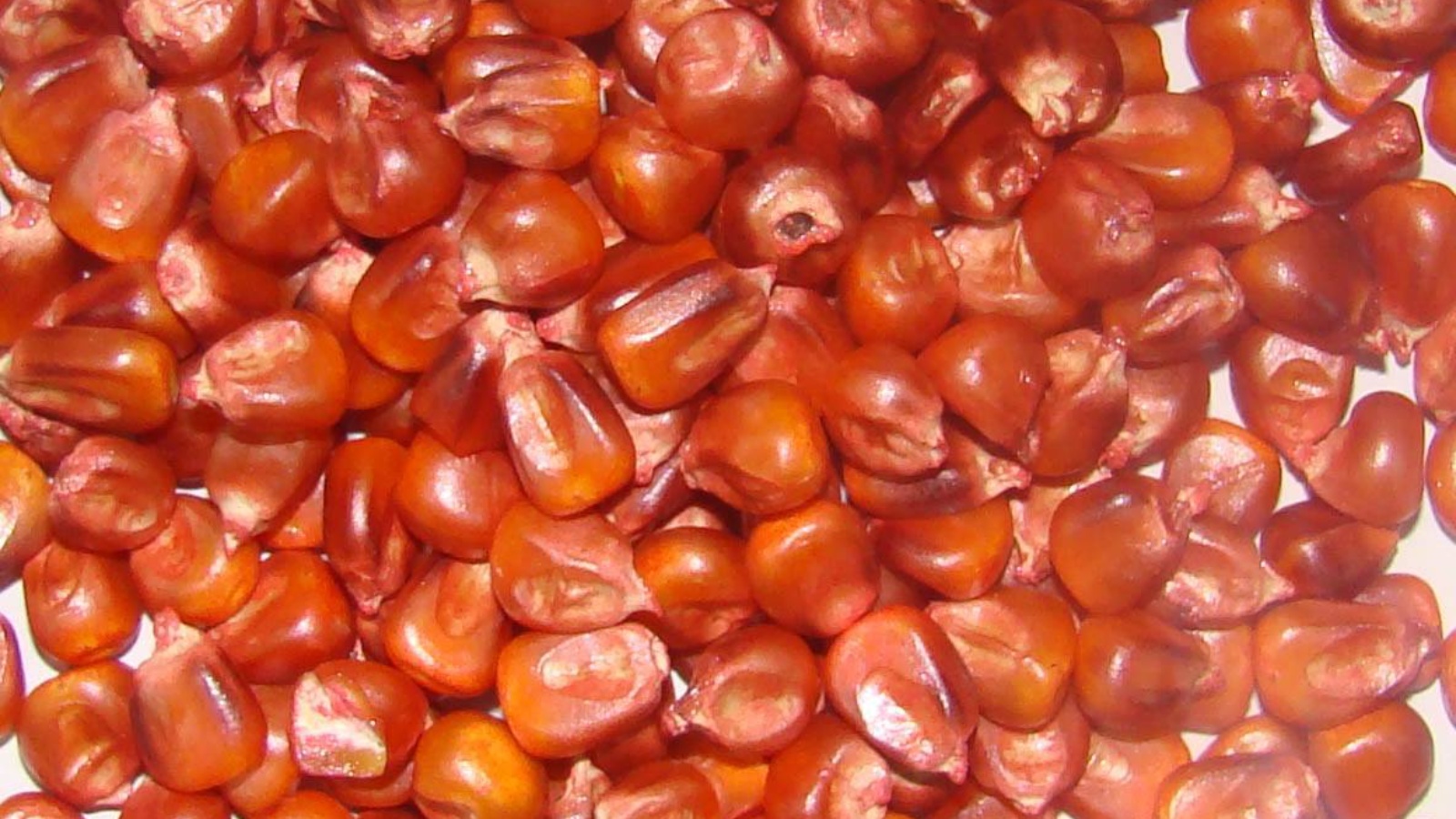The Rosselkhoztsentr of Tatarstan revealed falsification of documents for seeds

The quality of seed dressing raises concerns among the specialists of the Tatarstan branch of the Rosselkhoztsentr.
Specialists of the branch of the "Rosselkhoztsentr" in the Republic of Tatarstan revealed deviations from the etching rate in almost 20% of the corn seeds imported to Tatarstan. This was told at the Test Center of the institution.
According to the operational data of the Ministry of Agriculture and Food of the Republic of Tatarstan, in 2021, at the Test Center of the branch of the Russian Agricultural Center in the Republic of Tatarstan, the quality of dressing of 485 tons (80 lots) of corn seeds has been checked. This is 25% of the volume of these seeds imported into the republic as of April 23. As the results of the analysis show, out of the checked volume of seeds, 89.1 tons (23 lots) have deviations from the rate of dressing. In other words, the specialists of the branch revealed deviations from the dressing rate in 18.4% of the corn seeds imported into the republic. At the same time, according to the specialists of the institution, the disinfectant declared in the certificate was not found in three batches of seeds - the absence of active substances Thiamethoxam, Bifenthrin, Tiram was revealed.
Lilia Khabibullina, Head of the Testing Center of the branch of the Federal State Budgetary Institution "Rosselkhoztsentr" in the Republic of Tatarstan notices: “Most often there is falsification of documents for an insecticidal dressing agent, which must protect seeds from pests. But sowing seeds that have not been treated with an insecticidal dressing is a risky business. A significant part of corn seedlings can be destroyed by wireworms (Elateridae), young tender seedlings of rapeseed, mustards are loved by gnaw cruciferous fleas, cereals by the striped flea beetle (Phyllotreta vittula) and other harmful insects. In particular, as it turned out during a check in our laboratory, one of the seed suppliers sold an old batch of seeds that were not treated with an insecticidal dressing, with documents for a new batch of seeds that were treated with a fungicidal and insecticidal dressing. "
According to the specialists of the branch, high-quality seed material is a guarantee of a high yield. But no matter how good the seed is, without dressing it can die within a few days after sowing into the soil. The fact is that pests and pathogenic microflora await in the soil, and in a humid environment, an infection is activated on the membranes of the seed itself.
That is why it is important to protect the seeds by treating them with dressing agents. The costs for pre-sowing seed treatment are repaid many times over by an increase in yield, and high yields of cultivated crops increase the overall profitability of agricultural production. The use of dressing agents reduces the development of root rot by an average of 1.5-2 times, and diseases transmitted exclusively through seeds (for example, smut) can be effectively controlled only by dressing, as experts say.
But the etching process itself also requires control. Determination of the etching quality in laboratory conditions is a very important measure during the preparatory work before the sowing campaign.
Lilia Khabibullina: “It is impossible to determine the quality of seed treatment by look. There were cases when samples of brightly colored seeds sent to the laboratory for analysis, and the results of the analysis show that the consumption rate of the dressing agent is twice underestimated, or even there is no dressing agent at all. After all, the dye is just a signal color, which warns that the grain is poisonous, and not a guarantee of the content of the active substance. The laboratory analysis of the quality of the treated seed material is the most accurate and reliable. "
Overestimated norms for the use of dressing agents (and this also occurs) can have a toxic effect on the embryo of the seed, subsequently reducing the germination energy and germination capacity. Therefore, this phenomenon is as undesirable as a decrease in the rate of use of the drug.
In connection with the deviations identified during the quality control of seed dressing, the specialists of the Rosselkhoztsentr branch in the Republic of Tatarstan recommend that farms more carefully adjust the dressing machines for drug consumption in accordance with the regulatory documentation, check the dressing agent for the content of the active substance. Imported seeds also must be checked for the quality of dressing. “In addition, we advise farmers to check the authenticity of the certificate and test report when buying a seed dressing or treated seeds,” said Lilia Khabibullina.